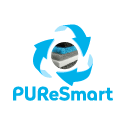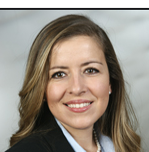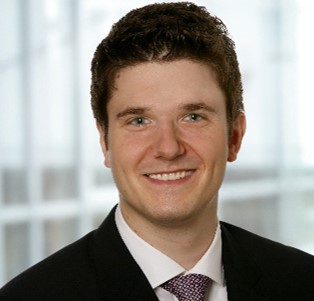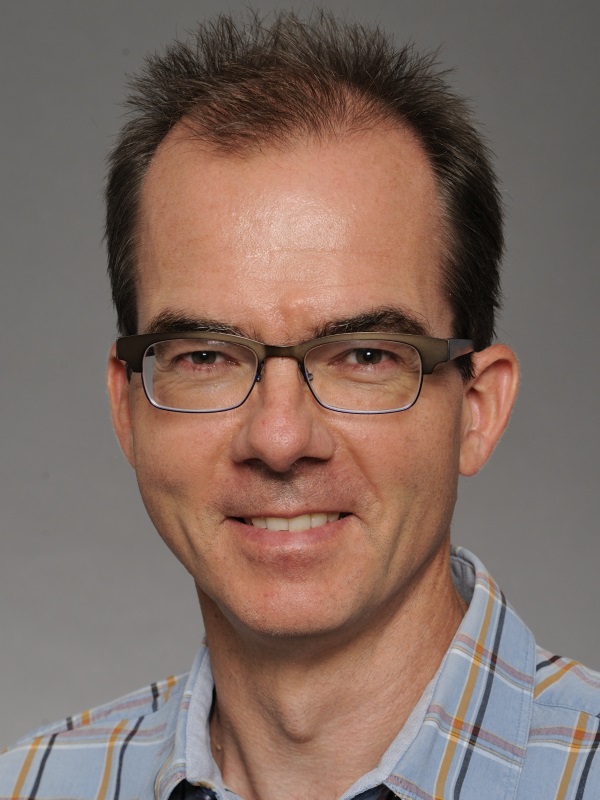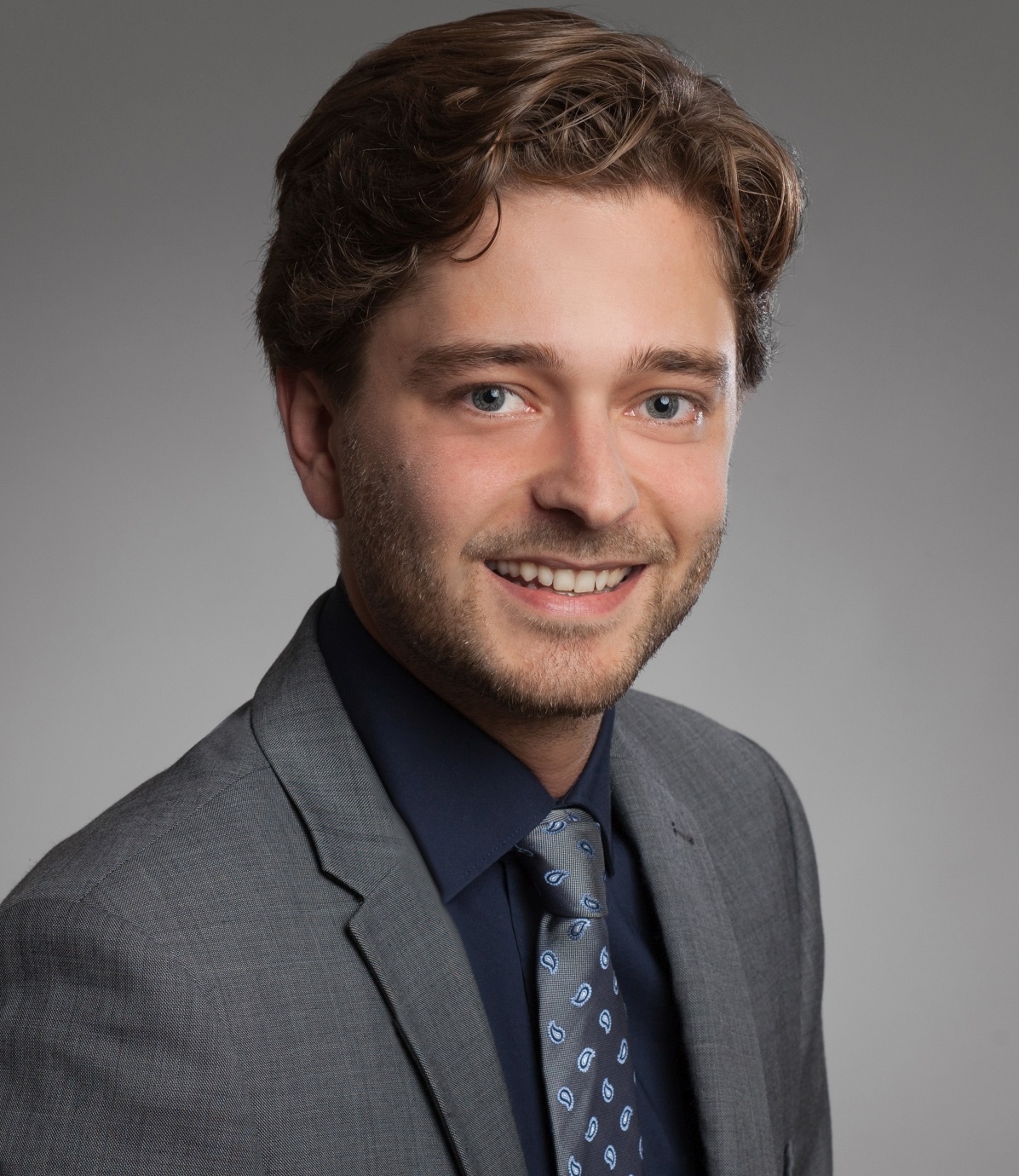Profile & expertise
Covestro is a world’s leading supplier of high-value polymer materials that are essential in modern life. The Germany-based company provides a broad range of products and application solutions for key sectors such as transportation, construction, electronics, furniture, sports equipment and textiles. Highly innovative and focused on sustainability, Covestro constantly strives to push boundaries to make the world a brighter place.
In 2018, the company – listed at the German stock exchange – generated sales of more than 14.6 billion euros. It has about 16,800 employees spread across 30 sites throughout Europe, Asia and America.
Sustainability is a key element of the corporate strategy. Major goals are to reduce emissions in production and along the value chain, reduce the dependency on fossil raw materials, and increase the overall resource efficiency, in the overall context of a comprehensive circular economy. An example of how Covestro contributes to closing cycles is the usage of CO2 as a new raw material in plastics production, allowing to partly replace conventional petroleum-based feedstock.
Role in the Project
The contribution of Covestro within PUReSmart is broad, supporting all major work packages (WP), based on its fundamental knowledge in PU chemistry. In WP 1 and 4 the CAPU chemistry is strengthened by the company’s expertise of solving/combining molecules in different types of polyols, finding the most suitable combination for flexible foam applications. Experts for PU spectroscopy and data science are able to use complex datasets to improve sorting abilities of end-of-life PU waste (WP 2). A pre-sorted waste stream is a key outcome for an efficient chemolysis (WP 3). In house, Covestro has strong competencies for different kind of phase separation, a technology essential for having a qualitative isolation of chemicals of interest such as the aromatic amines, polyols or the solvent (glycol). A unique method within the project team is the phosgenation of aromatic amines to generate isocyanates, a key raw material for the reproduction of foam. Up-scaling is a major challenge for obtaining efficient volumes of the PU key raw materials. Covestro has several reactors with increasing capacities and process properties (pressure, heat, etc.), capable to perform a high range of reactions. In physical testing centers Covestro can finally investigate the performance and specification of recycled flexible foam material. Based on its input in the WP 1-4, Covestro can support WP 5 (LCA, business case).
